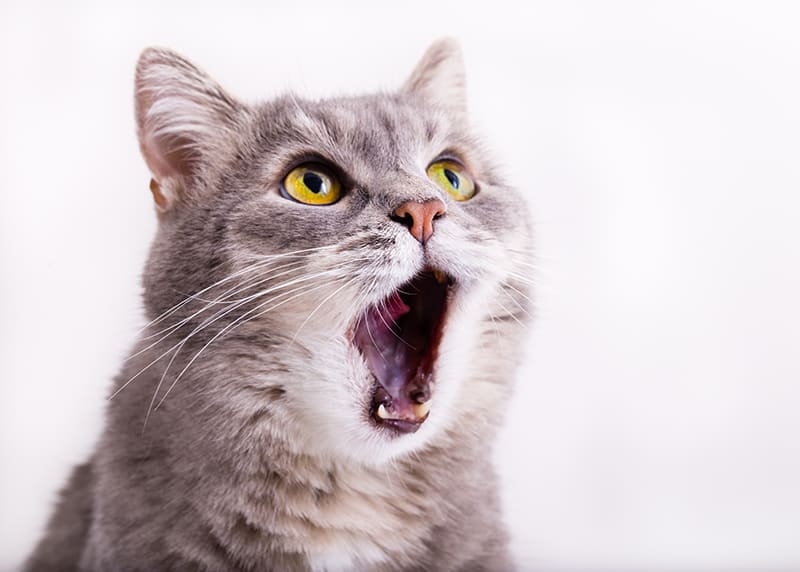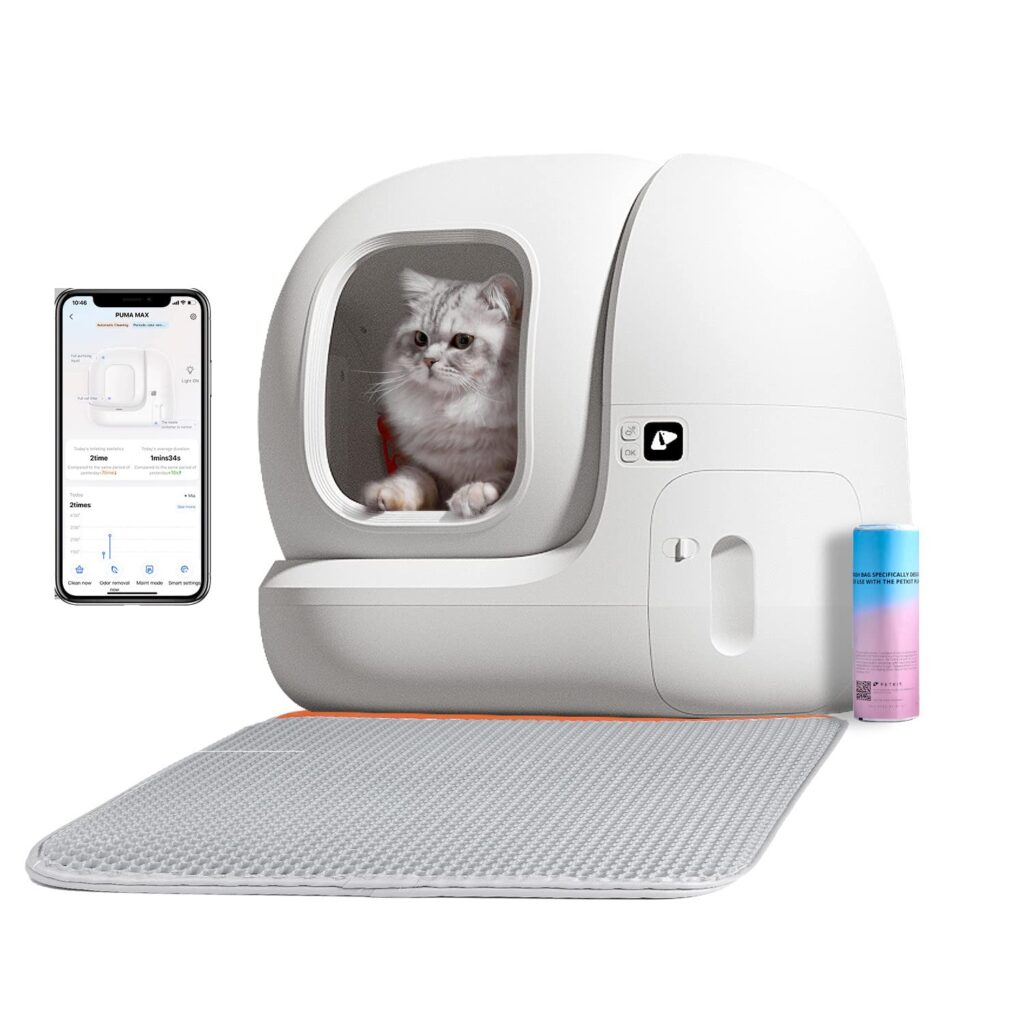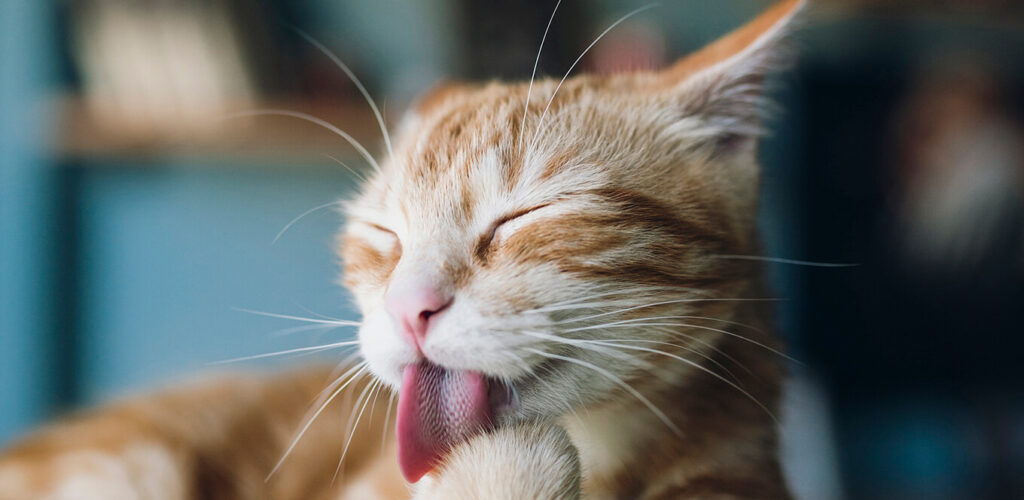Cat laryngitis, or the loss of your cat’s meow, can be treated by addressing underlying causes such as infection, inflammation, or vocal strain. In some cases, home remedies like steam inhalation, rest, and stress reduction can also help.
However, it is important to consult with a veterinarian to accurately diagnose the issue and determine the most appropriate treatment plan for your cat. Laryngitis can be a distressing condition for both cats and their owners, but with proper care and attention, it is usually temporary and manageable.
Contents
Understanding Cat Laryngitis
Cat laryngitis is a condition that can cause temporary or permanent loss of your cat’s meow. It occurs when the vocal cords become inflamed or irritated, resulting in hoarseness or complete loss of voice. There are several common causes of cat laryngitis, including:
- Allergies: Exposure to certain allergens can trigger an inflammatory response in the throat.
- Viral or bacterial infections: Respiratory infections can lead to laryngitis in cats.
- Excessive meowing or vocalization: Overuse of the vocal cords can strain them, leading to inflammation.
- Acid reflux: Digestive issues can cause stomach acid to rise and irritate the throat.
Symptoms of cat laryngitis may include a raspy or weak voice, coughing, or difficulty swallowing. Early detection and treatment are crucial to prevent further complications. If you notice any changes in your cat’s meowing or voice, it’s important to consult your veterinarian. They may recommend rest, medication, or addressing the underlying cause of laryngitis. By taking prompt action, you can help your feline friend regain their voice and improve their overall well-being.
Diagnosing Cat Laryngitis
Diagnosing Cat Laryngitis begins with conducting a physical examination. The veterinarian will carefully observe the cat’s behavior and symptoms, including any changes in meowing or difficulty vocalizing. They may also check for other signs of illness, such as coughing or sneezing. Diagnostic tests can help confirm laryngitis, such as a laryngoscopy, which allows the veterinarian to view the cat’s vocal cords using a small camera. This procedure can help identify any swelling or inflammation in the throat. Additionally, a swab of the throat may be taken to test for any bacterial or viral infections that could be contributing to the laryngitis. Once a diagnosis is confirmed, appropriate treatment can be recommended to help alleviate the loss of your cat’s meow.
Treating Cat Laryngitis
Providing vocal rest for your cat can be an effective way to manage cat laryngitis. Limiting excessive meowing and vocalization can help reduce strain on the vocal cords. Creating a calm and quiet environment can also promote healing.
Hydration and humidification are crucial for soothing your cat’s throat. Encourage your cat to drink water to stay hydrated. Using a humidifier can add moisture to the air, which can alleviate dryness and irritation in the throat.
To further ease discomfort, you can gently soothe your cat’s throat. Offer warm broth or wet food, which can provide relief. Additionally, your veterinarian may prescribe throat spray or medication to address the underlying cause of laryngitis.
Preventing Cat Laryngitis
Cat laryngitis can be treated effectively with proper care and home remedies. Preventive measures include keeping the cat hydrated, avoiding irritants, and seeking veterinary advice for severe cases.
Regular veterinary check-ups and vaccinations play a crucial role in promoting overall feline health and wellness. A balanced diet and proper hydration are also important factors in preventing cat laryngitis. Minimizing environmental irritants such as dust, pollen, and other allergens can help keep your cat’s vocal cords healthy. Maintaining clean air quality in your home by regularly dusting and vacuuming can also contribute to preventing laryngitis. It is crucial to avoid exposure to cigarette smoke or harsh chemicals, as they can irritate your cat’s throat.
Prompt treatment of underlying health conditions such as respiratory infections or allergies is essential in preventing laryngitis. Additionally, managing chronic diseases that can affect the vocal cords, such as asthma or gastroesophageal reflux disease (GERD), can help prevent the loss of your cat’s meow. By following these preventive measures, you can significantly reduce the risk of cat laryngitis and ensure your furry friend maintains their voice.

Credit: www.sharonlakes.com
Frequently Asked Questions On Cat Laryngitis: How To Treat The Loss Of Your Cat’s Meow?
How Do I Get My Cat To Meow Back?
To get your cat to meow back, try making high-pitched sounds or calling their name. Use toys, treats, or their favorite foods as motivators. Spend quality time together and establish a strong bond. Respect their individual personality and communication style.
Be patient and allow them to initiate the interaction.
Why Is My Cat Meowing Like He Lost His Voice?
A cat meowing like it lost its voice may indicate a variety of reasons; it could be due to stress, illness, or excessive vocalization. It’s essential to observe your cat’s behavior and consult a veterinarian to identify the underlying cause and provide appropriate care.
What Do You Give A Cat For Laryngitis?
For a cat with laryngitis, provide warm, moist air from a humidifier or a steamy bathroom to relieve congestion. Encourage hydration by offering plenty of fresh water. Avoid exposing the cat to irritants like smoke. Consult a veterinarian for further guidance and possible medication.
Why Does My Cat Meow But No Sound Comes Out?
Your cat meows but no sound comes out because of vocal cord issues or respiratory problems. It could be due to laryngitis, pharyngitis, or respiratory tract infections. It’s important to consult a veterinarian for proper diagnosis and treatment.
Conclusion
Cat laryngitis can be distressing for both the cat and its owner. By taking a proactive approach and addressing the underlying causes, you can effectively treat the loss of your cat’s meow. Remember to provide a calm and stress-free environment, encourage hydration, and consult a veterinarian for proper diagnosis and treatment.
With patience and care, your furry friend will soon regain its voice, ensuring a happy and healthy life together.

Katie Lindsey is a passionate cat lover and founder of Cats Solution, a comprehensive resource for all things feline. With a lifelong love for cats and extensive knowledge in their care and behavior, she provides expert advice and solutions to cat owners. Through her website, Katie fosters a supportive community where cat enthusiasts can find guidance and heartwarming stories. A dedicated advocate for animal welfare, Katie also promotes responsible pet ownership and adoption. Join her on this purr-fect journey celebrating the joy of feline companionship.



